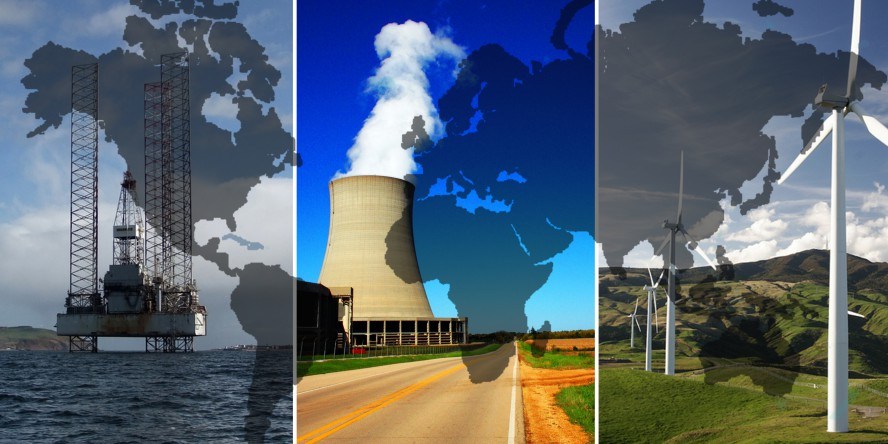
The global oil demand is expected to remain healthy for the next few years, especially in the developing countries of Asia and Africa. Though currently suffering from a slowdown due to the US-China trade war and the rise in renewable technological innovation, one cannot simply write-off oil or for that matter any other conventional fuel like coal or gas, as it forms an integral part of the new energy mix of many nations (both developing and the developed) even today, which deploy tools of policy making for the purpose.
However, the new energy mix, of the present age, brings the old dilemma of managing natural resources to the forefront. Understandably, in this context, there exists conflict between political and societal concerns and more specifically economic and environmental interests. The option to export versus meeting domestic needs is a fundamental choice faced by nation-states, and therefore it is here that an energy policy serves as an apt instrument to manage energy resources and their import-export and demand-supply. China serves a case in point here. A leader in renewable technology, the Asian giant still exports its coal and deals into pipeline diplomacy beyond its borders. While China is greening its economy, else where the country is investing in coal-fired and natural gas projects . Clearly, the country has managed to craft and implement an energy policy which suits its needs the best. Thus, an effective implementation of energy policy is critical beyond the policy on paper.
International Energy Agency illustrates the four pronged agenda of a national energy policy as follows:
- Energy Security: The uninterrupted availability of energy at affordable prices is fundamental for development and progress of nations. It requires timely investments and associations which help promote efficiency, diversity and reliability of energy fuels— all along aligned with principles of sustainability and economic development.
- Economic Development: To foster national economic growth and eliminate poverty in all forms, particularly that of energy. It helps in supporting free markets for smooth energy and other sectorial trade. Energy affects the economy, directly and indirectly, by means of capital and labor, through employment rate, building wealth and prosperity in form of Sovereign wealth fund, steady availability of energy at reasonable prices etc.
- Environmental Awareness: National Energy Policy helps in environmental mapping, thereby identifying energy impact due to high consumption, especially with regards to climate change, pollution, extracting natural resources for energy production etc.
- Engagement Worldwide: It allows to explore energy partnership between nations, more so in the emerging countries, who together can develop innovative solutions for environmental and energy problems.

As such the vision of a national energy policy is to develop an energy economy which enables the national development as well as ensures a secure supply of energy services. The various means through which the above mentioned objectives are attainable include:
- Institutional reforms
- Private participation
- Fiscal incentives
- Multi-lateral mechanisms to expand access (such rural electrification programs)
- Capacity building
- Technological and infrastructural investments
Here, we need to realize that access to energy as such is a key to reduce poverty, as it will generate income, increase agriculture, and support other economic activities. Further, it is also considered fundamental to managing the social and environmental needs of the world. However, in order to create this accessibility, the nations are required to ably manage their energy mix, adapt to modern day technology and ensure secured energy services. Therefore, an integrated multidisciplinary approach is required to craft innovative national energy strategies, which optimally manage the dynamics of international and domestic energy market and in turn influence the global environmental policies.
